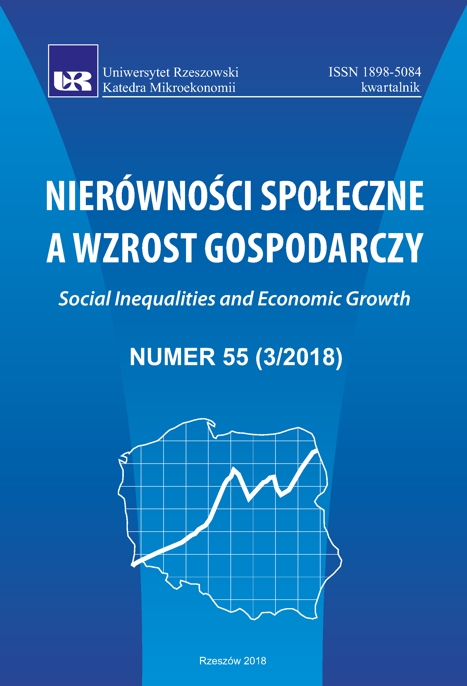Dedollarization of the Congolese economy: challenges, look and prospects
Dedollarization of the Congolese economy: challenges, look and prospects
Author(s): Marcel Kamba-KibatshiSubject(s): Economy
Published by: Wydawnictwo Uniwersytetu Rzeszowskiego
Keywords: dollarization; dedollarization; inflation rate; financial development
Summary/Abstract: In the case of dollarization, the supply of money is not entirely exogenous, because the central bank only partially controls and determines it, that is to say, part of it is in national currency and another part in foreign currency. Dollarization is thus a hindrance to the achievement of monetary policy objectives. Dollarization is a partial or total decrease in a country’s use of the currency of another country. An economy is dedollarized when it partially or wholly ends up in dollarization. In this case, the national currency gradually resumes its traditional functions which it lost in dollarization. It is noted by the gradual decline in the dollarization rate. It is a very crucial and complex issue,which recommends that a lot of resources and reforms be undertaken beforehand. It should be noted that dedollarization cannot be decreed, otherwise it is accompanied by instability in the economy,it is acquired at the end of efforts to regain the sovereignty of the national currency. The monetary policy in the Democratic Republic of Congo does not enjoy its full independence, a large part of the money supply comes from foreign central banks and its effectiveness results from the effect of chance. The instruments are becoming less operational.
Journal: Nierówności Społeczne a Wzrost Gospodarczy
- Issue Year: 2018
- Issue No: 55
- Page Range: 199-212
- Page Count: 14
- Language: English

